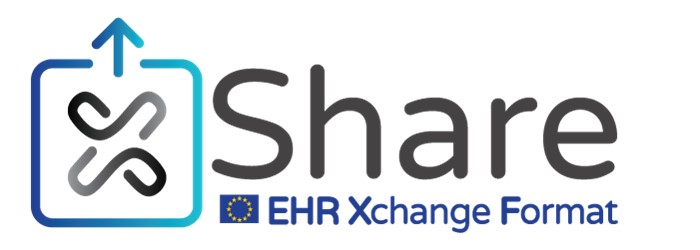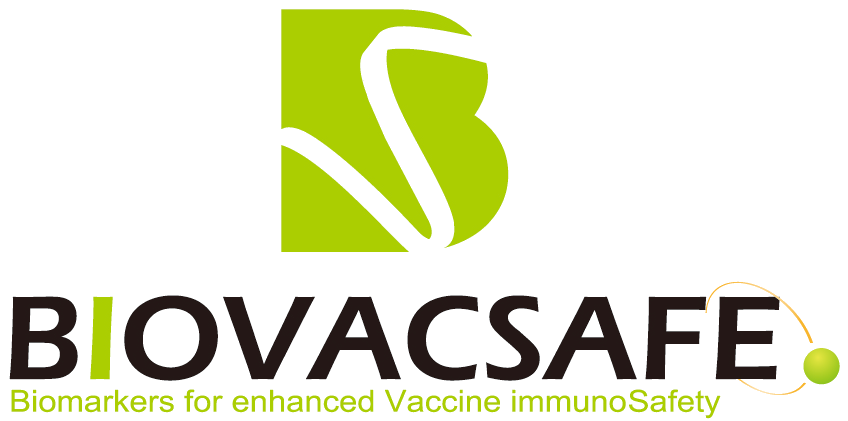The CDISC European Foundation (CEF) is an entity separate from but related to CDISC, formed in 2011 with headquarters located in Brussels, Belgium. CEF was launched to enable CDISC to participate actively in collaborative projects that are funded and led by European-based institutions.
At the end of 2021, the Innovative Medicines Initiative (IMI) became the Innovative Health Initiative (IHI). The Innovative Health Initiative (IHI) is a public-private partnership (PPP) between the European Union and the European life science industries. IHI is designed to build on what worked well in IMI, address the lessons learnt, and leverage the benefits of cross-sectoral collaboration in research and innovation to better respond to current and emerging health needs.
IHI-funded organizations can receive a 20% discount off CDISC annual membership fees at either the Gold or Platinum Levels, allowing them to take advantage of discounts on CDISC training and events as well as additional membership benefits.
Under the IHI CDISC has been funded by the following projects:

CDISC and xShare launched a three-year initiative on December 1, 2023, to enhance health data sharing through the European EHRxF Standards and Policy Hub. Central to this effort is the xShare button, prominently integrated into health portals and patient apps, empowering users to exercise their GDPR data portability rights effortlessly. This innovative feature simplifies the process of sharing health data across Europe, promoting a more interconnected and efficient digital health ecosystem. The initiative aligns with the broader goals of the Digital Decade policy, aiming to create a human-centered, sustainable, and prosperous digital future in healthcare. By facilitating easy access to and exchange of health information, the project supports the advancement of clinical research, improves continuity of care, and addresses cross-border health threats. Collaboration with key Standards Developing Organizations and stakeholders across the EU and EFTA member states underscores the commitment to creating a standardized, secure, and user-friendly framework.
This partnership reflects a significant step towards the realization of the European Health Data Space, driving innovation and enhancing the quality of healthcare services for European citizens. The xShare project not only champions data portability but also fosters digital literacy and resilience among individuals and health systems alike, marking a pivotal move towards a digitally empowered health sector.

CDISC and conect4children (c4c) have announced the release of a Paediatrics User Guide, freely available on the CDISC website, to facilitate the development of medicines for children. The User Guide focuses on cross-cutting clinical concepts related to paediatric research and describes how to use CDISC standards to collect and structure data used in clinical trials to facilitate the aggregation of information, take advantage of big data and support data sharing. Adopting CDISC standards is an invaluable investment that leads to more meaningful, more efficient research by streamlining the flow of data throughout the research process.
A team consisting of CDISC standards experts, paediatric clinical research experts from CDISC member organizations and paediatric subject matter experts from the c4c consortium developed the User Guide following CDISC’s consensus-based, standards development process. User Guide Topics include participant and participants’ family information (e.g., medical conditions, reproductive, diet and nutrition, body system assessments), pregnancy and birth, study conduct.

CDISC is developing a data structure for the IMI’s DRAGON project, which aims to use artificial intelligence (AI) and machine learning to develop a decision support system capable of delivering a more precise coronavirus diagnosis and more accurate predictions of patient outcomes.
CDISC standards will be used to develop the data structure (metadata and terminology), which will enable the aggregation of data used to train the AI, leading to more rapid and accurate diagnoses and prognosis of patients. CDISC will also develop a user guide for modelling observational data and expand our COVID-19 Therapeutic Area User Guide to include imaging concepts. For more information, please visit the DRAGON home page.

The Innovative Medicines Initiative (IMI) is a joint undertaking between the European Union and the European Federation of Pharmaceutical Industries and Associations (EFPIA). The IMI is the world’s largest public-private partnership initiative aiming to speed up the development of better and safer medicines.
With a €2 billion research fund, IMI supports collaborative projects through consortia comprising academic experts, small and medium-sized enterprises, patients’ organisations, pharmaceutical companies, and regulators to support innovation in research and development in Europe. IMI projects range from finding new biomarkers for the development of safer and more effective treatments for patients, to educating researchers and using electronic health records for various research purposes.
The IMI and CDISC are working together to enhance the use of information gathered for the purpose of developing safer, more effective innovative medicines for patients.
IMI-funded organizations can receive a 20% discount off CDISC annual membership fees at either the Gold or Platinum Levels, allowing them to take advantage of discounts on CDISC training and events as well as additional membership benefits.
Under the IMI CDISC has been funded by the following projects:

The BioVacSafe project aimed to establish tools, methods and guidelines for evaluating vaccine reactogenicity and enhancing immunosafety of novel vaccines. By coming up with novel ways to identify and better understand the mechanism of adverse reactions to vaccines at all stages of development, the BioVacSafe Project attempted to accelerate developing and introducing a new generation of safer, more effective vaccines. BioVacSafe was a public/private consortium of 19 partners involving three of Europe's leading vaccine producing companies, experts from major academic institutions, small and medium-size enterprises and non-governmental organizations, including CDISC. CDISC put together a Vaccines Reactogenicity module for SDTM, advising consortium members on standards implementation, and working with Imperial University on a CDISC-conformant, data-harmonisation and data-loading system.

EH4CR was one of the largest public-private partnerships, which aimed at providing adaptable, reusable and scalable solutions (tools and services) for reusing data from Electronic Health Record systems for Clinical Research. CDISC staff provided expertise on semantic interoperability. CDISC ODM forms served as the starting point for defining the common data elements (CDEs) needed for clinical research queries. Additionally, CDISC ODM files were mapped to CDISC SHARE CDEs, providing an extraction specification for SHARE CDEs.

Dave Evans - Executive Director

Dave Evans is recognized industry-wide as a leading technology visionary for developing and implementing complex process and system solutions and as an expert in the areas of information standards, regulatory compliance and quality governance. He was the architect and developer of the first electronic drug submission to the FDA in 1985 and has been responsible for more than 100 electronic regulatory submissions and complex clinical data warehouse systems.
Dave brings over 35 years’ experience to CDISC, serving in various executive-level positions in software development, clinical research, regulatory and healthcare industries. Most recently, he was the Principal Director, Global Head of Quality Governance and Regulatory Compliance for Accenture Life Sciences.
Sheila Leaman - Vice President, Global Relations

Sheila Leaman brings a unique background in Public Relations and Human Resources to her role at CDISC. She focuses on membership recruitment, seeking out new opportunities as well as ensuring membership retention, providing a high level of membership satisfaction. During her tenure, Sheila and her team have significantly increased CDISC membership worldwide.
She also leads the smooth operations of CDISC events, such as our annual Interchanges, where hundreds of attendees gather to network, share their expertise, best practices, and lessons learned about implementing CDISC data standards to enable clinical research to "speak the same language."
Peter Van Reusel - Chief Standards Officer

Peter Van Reusel provides executive leadership to the development and implementation of clinical standards in line with CDISC’s strategy and operational plans, working closely with the President and CEO, as well as CDISC staff and stakeholders. He has over 20 years’ experience in senior roles in pharma and at CROs, providing standards expertise and carrying out other standards work in various organizational settings.
A long-time, CDISC-authorized instructor, Peter has helped significantly in developing CDISC training courses. He previously served as CDISC’s European Liaison, shepherding relationships with key European regulatory, academic, and biopharma stakeholders. Peter is also an active PHUSE working group leader.

